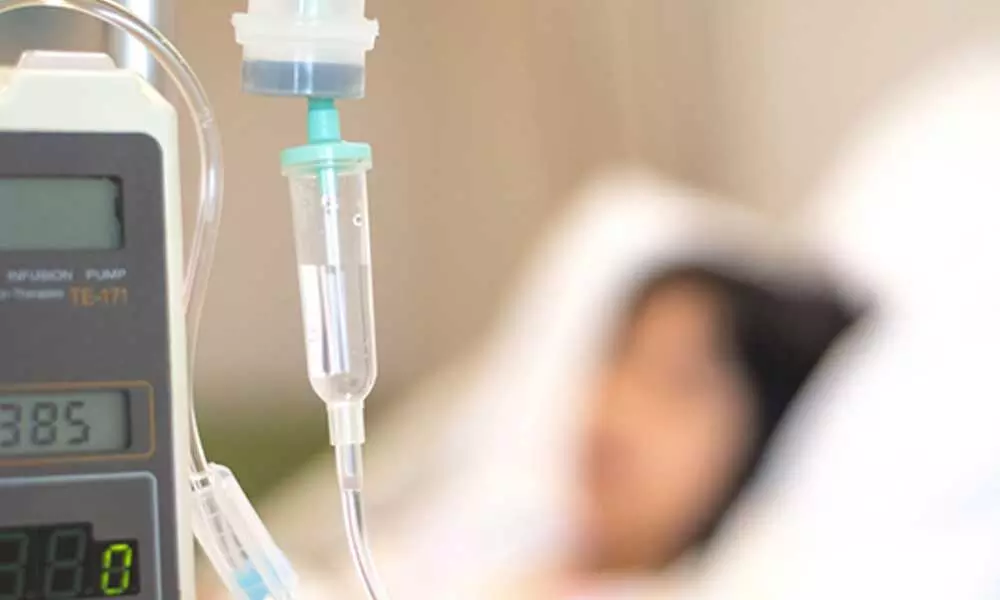Delay in routine cancer treatment can be fatal for patients in Covid times

Delay in routine cancer treatment can be fatal for patients in Covid times
Hyderabad: Among the worst affected by the devastating impact of the COVID‐19 pandemic are cancer patients. Increasing evidence suggests that COVID‐19 causes higher morbidity and mortality among some types of cancer patients, especially those receiving intensely immune-suppressive treatments.
"Prevention, early detection, and early intervention efforts have been delayed for many. In some hospitals, significant treatment delays have resulted as COVID‐19 cases have overwhelmed wards and intensive care units.
The fear of contracting the disease is also preventing the cancer patients from consulting their treating clinicians. Consequently, patients who have cancer have presented with more advanced disease, which is more difficult to treat, much less to cure," said Dr Ajay Chanakya Vallabaneni, Consultant Surgical Oncology & Robotic Surgeon, KIMS Hospital.
While it is important to note that COVID-19 infection across the globe has a mortality rate of about 3.5% which is way less than cancer mortality (30%), it is also crucial to understand that the increased susceptibility to COVID among cancer patients is seen in patients on immunosuppressive therapy, and for the rest the risk is similar to a normal person, he added.
Giving an example, he said, "A 29-year-old homemaker diagnosed with early-stage breast cancer avoided hospital visits and delayed her treatment which resulted in advanced disease with ulceration and lymph nodal involvement making it impossible to conserve her breast and lymph nodes. In another instance, a 55-year-old male diagnosed with advanced lung cancer had the disease spread to the brain. Thus he was only left with palliative options."
With no definitive time frame for this pandemic to pass over, cancer treatments should not be delayed as patients could contract the infection. All due measures like masks, sanitizers and physical distancing, should be religiously followed at all times. Now, with the availability of various vaccines, it raises hope for controlling the pandemic.
Although evidence regarding vaccination in patients with cancer is limited, there is enough evidence to support anti-infective vaccination in general (excluding live-attenuated vaccines and replication-competent vector vaccines) even in patients with cancer undergoing immunosuppressive therapy.
The level of efficacy may be expected to be generally reduced in certain populations of cancer patients with intense immunosuppression, such as recipients of haematopoietic stem cell transplantation.
However, based on data extrapolation from other vaccines and the mechanism of action of the COVID-19 vaccines (not live), it is conceivable that the efficacy and safety of vaccination against COVID-19 may be estimated to be like that of patients without cancer.







